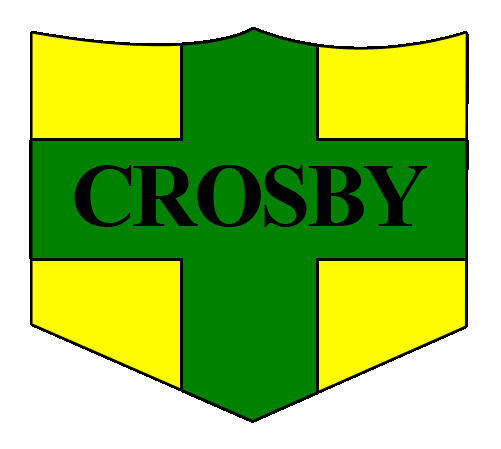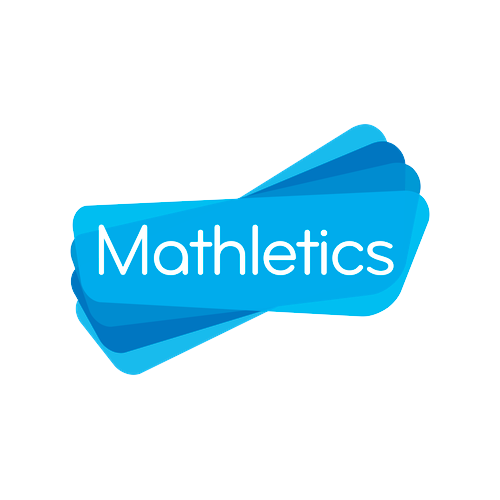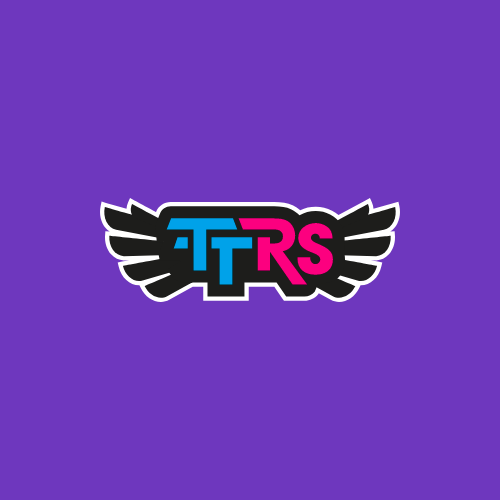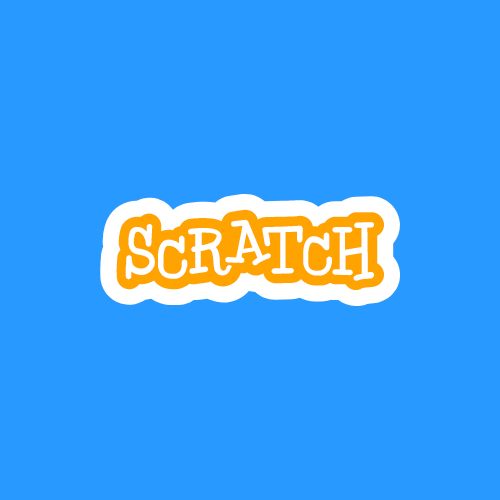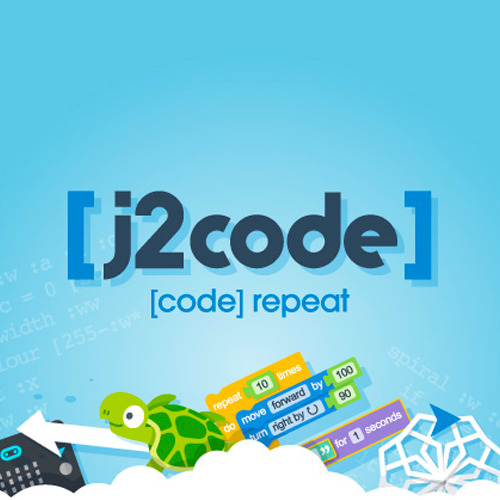The purpose of our curriculum is for our children to be healthy, responsible citizens, building the knowledge and skills to succeed in later life, enabling them to become the best they can be.
Crosby School follows the National Curriculum.
For more detailed information, click the below link to the official government publication.
In the Foundation Stage children learn the following:
- Communication and language
- Physical development
- Personal, social and emotional development
- Literacy
- Mathematics
- Understanding the world
- Expressive arts and design
Curriculum Intent
We want our children to experience a wide breadth of study and, by the end of each Key Stage, long-term memory of the core learning for each subject. Therefore, the core learning is repeated at intervals throughout a child’s learning journey within different contexts. As we have mixed age classes, the breadth of study is organised into a two year cycle (Cycle A and Cycle B) with the core learning taught in both cycles as part of our principle of spaced repetition.Our curriculum design is based on evidence from cognitive science, underpinned by three main principles: learning is most effective with spaced repetition; interleaving helps children to discriminate between topics and aids long-term retention; retrieval of previously learned content is frequent and regular. We know that sustained mastery of core learning takes time. Our curriculum content is subject specific and contained within our curriculum plans.
For each subject there is a whole school overview, and a progression document for the core learning identified for a child’s journey through school organised into Foundation Stage; Years One and Two; Years 3 and 4; Years Five and Six. In addition, subject specific vocabulary progression has been identified.
Curriculum Implementation
Curriculum
Impact
National summative assessments take place at the start of the Reception Year, called the Baseline Check. National summative assessments also take place at the end of the Reception Year, based on the teacher’s ongoing assessment, against the Early Learning Goals.
As learning is a change to long-term memory it is often not possible to see impact in the short term. We use a range of assessment tasks and summative tests at strategic points in a child’s journey through school to measure the learning of individual children. We have a separate assessment policy.
Useful Websites
There are many good websites that can help learning. For remote learning see our Kids Zone area
